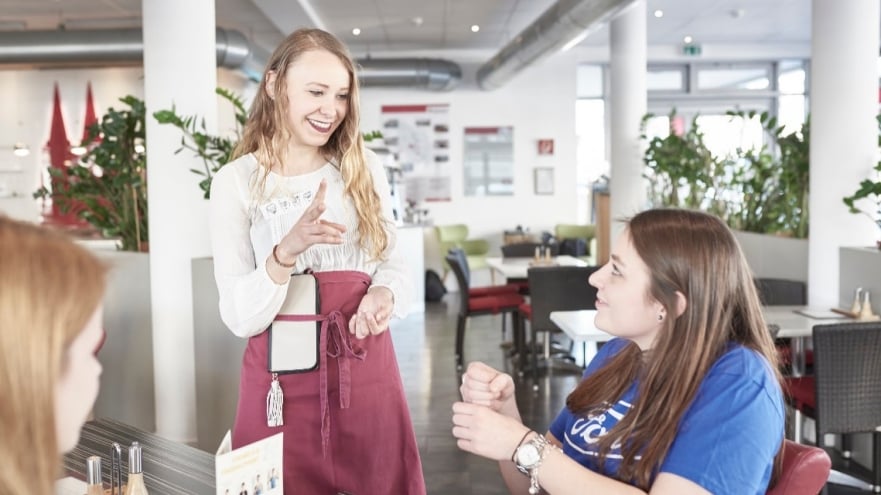About Ford Motor Company Fund
Over the past ten years, the Ford Fund, the non-profit branch of Ford Motor Company, has awarded more than $2.6 million in Ford C3 grants to university student teams around the world including the U.K. and Germany, where the program is run in cooperation with the international non-profit organisation Enactus. http://www.fordc3enactus.org/
About Ford Motor Company
Ford Motor Company is a global automotive and mobility company based in Dearborn, Michigan. With about 201,000 employees and 62 plants worldwide, the company’s core business includes designing, manufacturing, marketing and servicing a full line of Ford cars, trucks and SUVs, as well as Lincoln luxury vehicles. To expand its business model, Ford is aggressively pursuing emerging opportunities with investments in electrification, autonomy and mobility. Ford provides financial services through Ford Motor Credit Company. For more information regarding Ford and its products and services, please visit www.corporate.ford.com.
Ford of Europe is responsible for producing, selling and servicing Ford brand vehicles in 50 individual markets and employs approximately 52,000 employees at its wholly owned facilities and approximately 68,000 people when joint ventures and unconsolidated businesses are included. In addition to Ford Motor Credit Company, Ford Europe operations include Ford Customer Service Division and 24 manufacturing facilities (16 wholly owned or consolidated joint venture facilities and 8 unconsolidated joint venture facilities). The first Ford cars were shipped to Europe in 1903 – the same year Ford Motor Company was founded. European production started in 1911.


